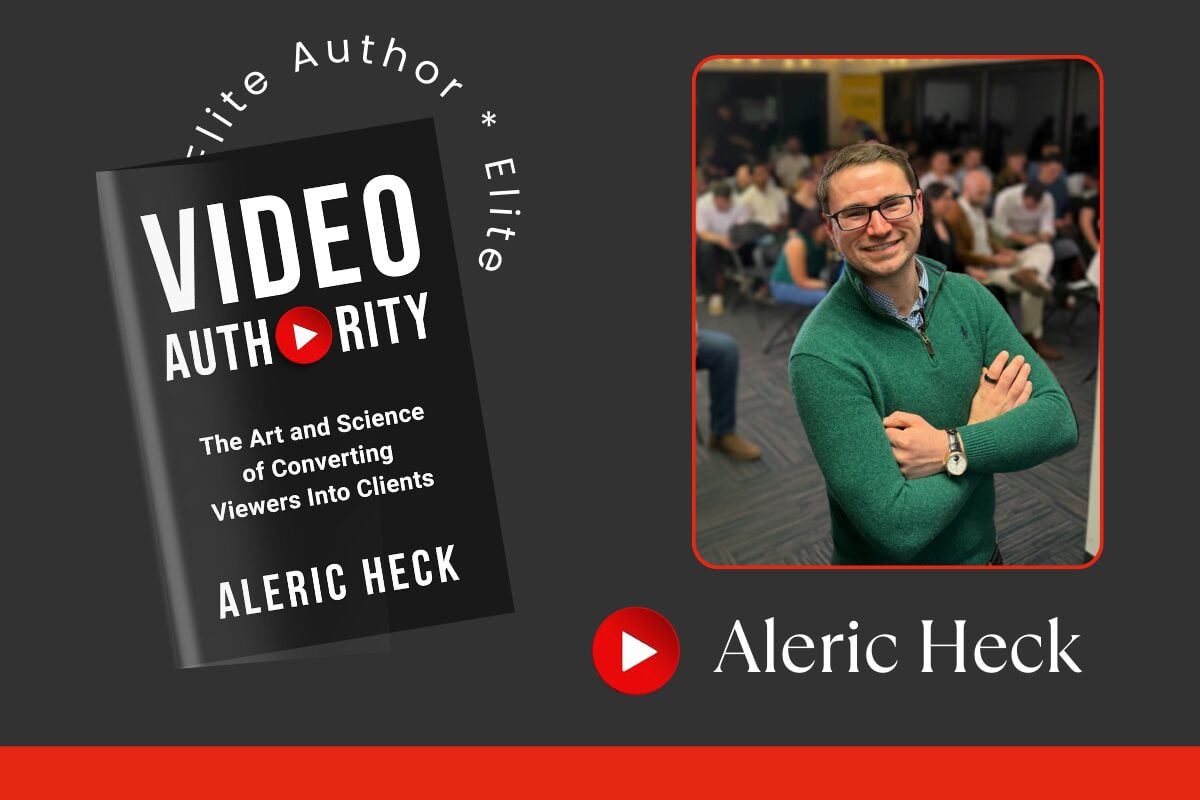If you’re looking to publish a children’s book, you’re going to need a specialist agent to help get it done. Finding a literary agent for children’s books is often the key to your success.
When you have a specialist literary agent, you will be working with someone who understands how to get your type of book published.
It can save you and the agent a ton of time from needing to make connections or navigate a certain niche publishing industry.
Anyone looking for a literary agent for children’s books is going to need to know the basics of how to find one, pitch one, and learn why landing a specialist agent is necessary.
What literary agents do
Agents are key to helping you get your book published. If you want to go the traditional publishing route, it’s incredibly hard to get your foot in the door of publishing companies without an agent representing your work.
Not only do good literary agents put you in touch with publishing companies and know how to help you get your foot in the door, they also help you prepare for the whole process.
That can mean they help you finalize your manuscript or help you negotiate your contract so you can get the best deal possible.
Since agents are paid based on percentages, they fight to get you to have a good paycheck and terms that are more in your favor than most authors could negotiate on their own.
Since they also have a ton of practice with securing book deals, they know what to add into contracts and what to look out for.
They also base much of their career on their reputation, so making sure they find good authors and help them be successful is a cornerstone of their own success.
If an agent chooses to take you on as a client, know that both of you need to succeed together, so they often work hard to make sure you have the best chance of success.
A lot of major publishers also don’t take pitches from independent authors and will often only deal with agents.
If it goes well, the agent will often be happy to keep representing you and your work to help you grow your career and future books.
Why you need a specialist agent
A specialist literary agent will know exactly how to navigate the niche you want to get into.
So instead of a general agent, you’ll want to find a literary agent who has helped other children’s authors get published.
They can often get you in the door faster, especially if they have a good reputation with publishers. Once a publishing company has success with an agent, they’re more likely to answer their calls or take a look at the manuscripts they bring to them.
A specialized agent also will keep up on the industry and the latest trends so you can get the best publishing deals and also let you know what is happening in the industry as a whole.
Plus, they know what goes into manuscripts and pitches that are accepted because they have real experience doing so.
That can save you a ton of time from trying to write it and put it together on your own.
Learn your genre and industry
Before you go out there and start pitching everyone, you will want to do some research ahead of time.
You’ll want to take your time to dive into the children’s publishing industry and understand what trends are happening.
What’s currently being published?
Are there common themes?
Try to hunt for any stats you can, such as how many books are being published each year and by which companies. You might also want to spend your time digging through which agents are out there representing the newest books.
It can help a ton if you talk to an agent and already know the landscape of the industry so you are all caught up.
If you can find a way to tie your book into any current trends, you have a greater chance of catching the eye of an agent and publisher.
How to find a literary agent
If you’re a first-time author with no social media following, either, it might take a while to get your foot in the door and to find a good agent.
One place to start is looking through databases of agents, which we’ll get to down below.
From there, you can start to look at the agents who represented books or authors you are close to in style to see who they are.
Agents often like to represent similar types of books or authors. This is why some of them develop a niche or a reputation, which also ends up helping you as an author.
You can also find literary agents by attending writing conferences and other networking events.
Prepare your pitch
The most important question you’ll want to ask yourself as you try to find an agent is “Why would this agent care about my book and my writing?”
If you can answer that question, you’re much more likely to find a literary agent for your book since you now are answering that question for them.
So many authors just send pitches that are all about themselves instead of even thinking about the other person they are writing to. It’s one of the top reasons that pitches (of any and all kind) get rejected.
All literary agents want to find successful books so if you can show them why yours will be and why they should represent it, they’re going to be thrilled to hear from you.
Of course, it’s not a guaranteed recipe for success, but they are far more likely to hear your pitch with that included than not.
You’ll also want to put together your pitch, a start of a manuscript, and have your elevator pitch ready to go. That way, if you meet someone out in the world or online, you’re ready to tell them why they should care about your book.
If you’re attending networking events, being able to quickly and easily talk about your book in an intriguing way can help a ton.
You don’t want to have to follow up hours or days later when they have forgotten about meeting you. You always want to grab their attention when they’re right in front of you.
Having a ready-to-go pitch can help you stand out because you won’t be stumbling through describing your book.
Outside of that, know that getting an agent is about persistence. If you are persistent with outreach and networking, it’s often just a matter of time before someone says yes to your book.
Types of literary agents for children’s books
Wondering what types of literary agents you can find for children’s books? Here are some categories to break it down:
Age category specialization
- Picture Book Agents – Focus on authors and/or illustrators of picture books (ages 0–8).
- Middle Grade Agents – Represent books for readers aged 8–12, often with strong character development and adventure.
- Young Adult (YA) Agents – Specialize in teen fiction (ages 12–18), covering a wide range of genres and themes.
- Chapter Book Agents – Focus on early readers (ages 6–9), often series-based and transitional.
- Board Book Agents – Rare, but some agents do represent authors or illustrators of books for toddlers and infants.
By creative role
- Author-Only Agents – Represent writers only, and may pair them with illustrators at the publisher level.
- Illustrator-Only Agents – Represent visual artists for children’s books, sometimes helping them get work on author texts.
- Author-Illustrator Agents – Specialize in creators who write and illustrate their own children’s books.
By genre or niche focus
- Nonfiction Children’s Book Agents – Represent educational, biographical, or fact-based content for kids.
- Diverse/Multicultural Agents – Focus on underrepresented voices and stories from BIPOC, LGBTQ+, disabled, and other marginalized creators.
- Graphic Novel Agents (KidLit) – Represent creators working on graphic novels for middle grade or YA audiences.
By agency type
- Boutique Agencies – Small agencies with personalized service and often a strong focus on select categories like picture books.
- Large Full-Service Agencies – Represent a range of categories (adult and children’s), with in-house departments for film/TV, foreign rights, etc.
- Children’s-Only Agencies – Exclusively focus on KidLit, with agents who specialize in various age levels and genres.
Find a literary agent for children’s books
Now that we’ve covered why you need a literary agent for children’s books and how to put together your pitch, let’s go over what you need to do to actually find one.
For the most part, you’re going to find your literary agent through databases, outreaching yourself, or through your own network.
Literary Agent Publishers and Databases
Here are some places to send your submissions or hunt through databases to find the perfect agent for you:
- Directory of Literary Agents
- Poets and Writers Literary Agents Database
- AgentQuery
- The Bright Agency
- List of Literary Agents
Get your children’s book out in the world
While finding the right literary agent can open doors to traditional publishing, it’s important to know that you don’t have to go that route to become a successful children’s book author. In fact, more and more writers are choosing to self-publish, and for good reason.
Becoming a self-published children’s book author gives you complete creative control over your story, illustrations, and messaging. You don’t have to wait for gatekeepers to give you permission or compromise your vision to fit market trends. Even better? You keep significantly more of your book royalties and retain full ownership of your intellectual property.
At selfpublishing.com, our team specializes in helping aspiring children’s book authors turn their ideas into professionally published books. From writing and editing to illustration, layout, and marketing, we guide you through every step of the process, so you can publish with confidence and share your story with the world on your own terms.
You don’t need an agent to make your mark in children’s publishing. You just need the right support, the right tools, and a story worth telling. Let us help you bring it to life!
























